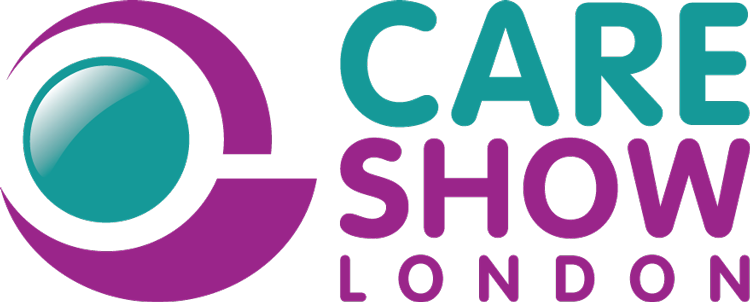Digital – every superhero needs a sidekick
)
Imagine this: You go to a doctor for a nagging cough. During your consultation you share that you are a full-time carer for a family member and are experiencing periods of low mood and anxiety. Instead of just treating the cough and sending you on your way, your doctor connects seamlessly with other relevant health and adult social care organisations including social work teams, mental health and therapy services, and even community support groups. That's the magic of health and social care integration - and digital tools are the glue holding it all together.
Breaking down the barriers between NHS and social care services to provide more holistic and coordinated care is fundamental to achieving real integration and delivering personalised, proactive care. Instead of treating each aspect of a person's health in isolation, integration looks at the bigger picture, considering both their medical needs and the social factors that influence their wellbeing.
The talented and dedicated workforce in health and social care are the superheroes of integration, and digital tools are their indispensable side-kicks. They're capable of connecting patients, caregivers, and healthcare professionals in ways that were once unimaginable.
Digital tools also streamline communication. A few of us are old enough to remember faxing medical records back and forth. I’m sure we can all agree that nobody misses that. With digital tools, healthcare providers can securely share information in real time, making it easier to coordinate care and avoid duplication of services.
But it's not just about sharing information. It's also about making that information useful. Digital tools can analyse vast amounts of data identifying trends and patterns, which can help care providers deliver more personalised care – care that is tailored to an individual and what matters to them and their family. For example, imagine a system that flags patients at high risk of readmission to hospital based on their health history and social circumstances. Once identified as at risk, packages of care can be put in place before their health deteriorates. That's the kind of proactive care that integration makes possible.
What’s more, digital tools aren't just for health and care professionals. They also empower people to take control of their own health and if they wish, for family members to be involved and stay up to date too. From mobile apps that track your exercise and diet to patient portals that let you access your medical records online - these tools are putting health information literally at your fingertip
Of course, integrating health and social care isn't without its challenges. Privacy of information must be actively protected, and issues around data security and interoperability (ensuring different systems can talk to each other) need to be considered. And then there's the question of funding and resources. Building and maintaining a digital infrastructure isn't cheap, and not all social care providers have the same level of access to technology. But like many complex transformations – investment upfront will pay dividends in the long term.
Despite these challenges, the momentum towards effective integration is increasing at a rapid pace. Governments, health and care organisations, and tech companies alike are investing in digital tools to improve outcomes, increase efficiency, and ultimately, provide better care for everyone, wherever and whenever it’s needed
So, the next time you or a family member visits your doctor, think about all the behind-the-scenes magic happening thanks to health and social care integration. Receiving a call from a care coordinator or social prescriber to offer you additional support or to suggest local groups or community activities will very soon be something that happens seamlessly. We’re in reach of ‘the system’ talking to each other no longer being a pleasant surprise but efficient, effective, and personalised business as usual.
Nick Goodall | Senior Programme Manager – Digitising Social Care


